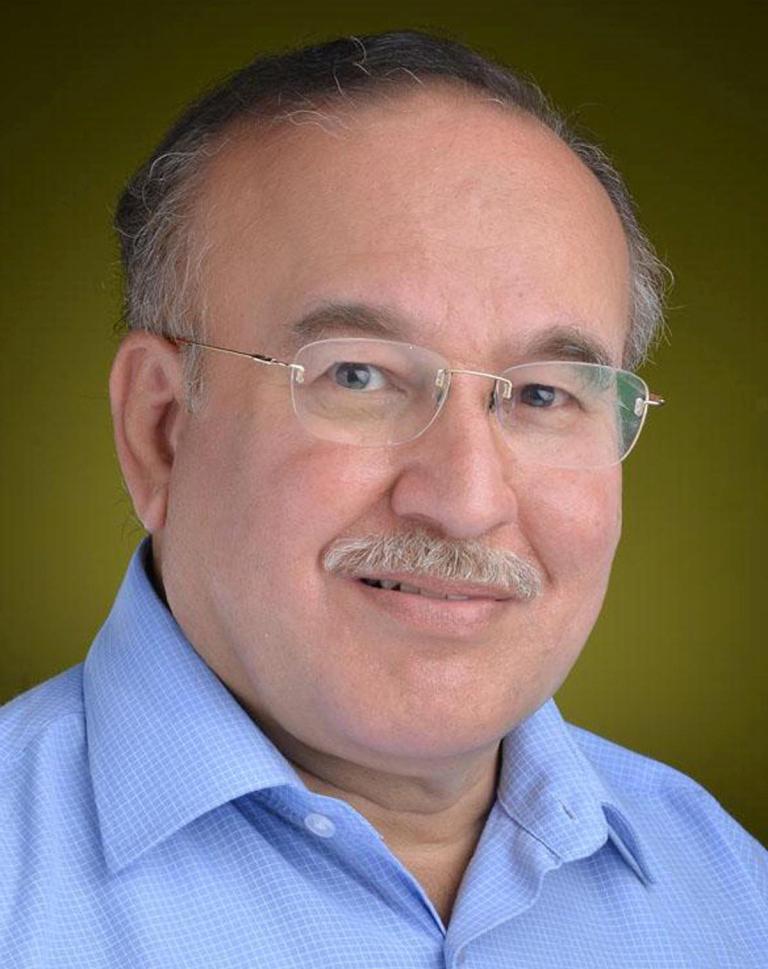India’s economy is soaring and is now the world’s envy, but its healthcare system remains an Achilles’ heel. For millions of people, the high cost of treating illnesses continues to undermine economic progress. This is largely on account of India’s dilapidated healthcare system: a major symptom of the dire lack of funding. India ranks poorly in international rankings on most health indices.
Healthcare expenses are a major cause of impoverishment of working families in India. Private healthcare has catastrophic costs that shave off hard-earned savings of patients and their families, thereby, becoming a primary route to bankruptcy. All these have spillover consequences for families resulting in less money available to households for food, education, housing and long-term plans.
According to Dr David Dror, Founding Chairman of the Micro Insurance Academy and an expert on Indian health insurance, “a health event is a bigger risk to farmers than an unsuccessful crop.” He adds, “Once they sell their land or livestock, they become indentured labourers. That takes a generation to fix.” By managing risks and avoiding debt, those who have micro-insurance policies, are in a position to protect the meagre wealth they accumulate, generate more income and even get a fair chance to rescue themselves and their families out of the mire of poverty.
Health insurance is emerging as an important financing tool in meeting the healthcare needs of the poor. Life is a tough ordeal for families hit by ‘health shocks’. Poor families have long suffered the triple curse of sudden illness — the trauma associated with sickness, financial burden of intensive healthcare and the loss of wages.
The poor prefer health insurance to life insurance. As they say, “we die once but go to the doctor many times each year.” Community-based health insurance, rather than market-mediated or government-provided insurance, is widely considered an appropriate way of reaching and protecting the poor. The development of private health insurance has potential risks and benefits in terms of healthcare access for the poor. It could result in substantial long-term welfare benefits but it is unaffordable for most low-income families.
India must revitalise the public health system to ensure access, outcome, quality and affordability. The focus must be on finding solutions which are affordable, scalable and yet high-quality. The government needs to supplement curative services with preventive measures by strengthening ancillary civic services like insect management, water purification systems, sewage systems and plants for treatment of industrial effluents and waste. Due to poor hygiene and sanitation, people are suffering from pneumonia, malnutrition, malaria and tuberculosis across the country.
The biggest disease burden sits on the bottom pyramid of 500 million people. They don’t have access to reliable diagnosis or proper treatment. If they are diagnosed, they find it hard to get treatment. The government-run hospitals are free for everyone, but access is difficult, quality is abysmal and corruption is endemic. Another challenge for the health sector is the lack of provision to deal with non-communicable diseases such as cardiovascular diseases, cancer, chronic respiratory diseases and diabetes.
Unlike the short-term effects of communicable diseases, the dual health and economic impact of non-communicable diseases on individuals, families and households are devastating and long-lasting. It is estimated that India is likely to lose $4.58 trillion before 2030 due to NCDs, as the government-run healthcare system focuses only on maternal and child care, especially at the rural level. This would mean providing clean environment and potable water so that infectious diseases are contained to the minimum, and a stress-free and a healthy lifestyle to ward off growing threat of non-communicable diseases.
We need a National Medical Service under the National Health Mission that can have a national pool of doctors who can be distributed across the states to correct unevenness of the quality of medical services in different regions. Pooled public procurement and strategic purchasing of equipments and medical supplies will save costs and help attain efficiency, thereby promoting quality-controlled health services. Sharing of best practices can help tone up the deficient regions. The flow of talents through this national medical cadre will bring about more balanced development of health services at the national level.
This article was first published in the print magazine of The CSR Journal. To grab your own copy, click here. Views of the author are personal and do not necessarily represent the website’s views.
 Dr. Moin Qazi is an author, researcher and development professional who has spent four decades in the development sector. He is a member of the National Institution for Transforming India (NITI) Aayog Committee on Financial Inclusion for Women. He has worked for three decades with State Bank of India as a grassroots field officer, program manager, policymaker and researcher in development finance.
Dr. Moin Qazi is an author, researcher and development professional who has spent four decades in the development sector. He is a member of the National Institution for Transforming India (NITI) Aayog Committee on Financial Inclusion for Women. He has worked for three decades with State Bank of India as a grassroots field officer, program manager, policymaker and researcher in development finance.
Thank you for reading the column. We appreciate the time you have given us. In addition, your thoughts and inputs will genuinely make a difference to us. Please drop a line and help us do better.
Regards,
The CSR Journal Team

